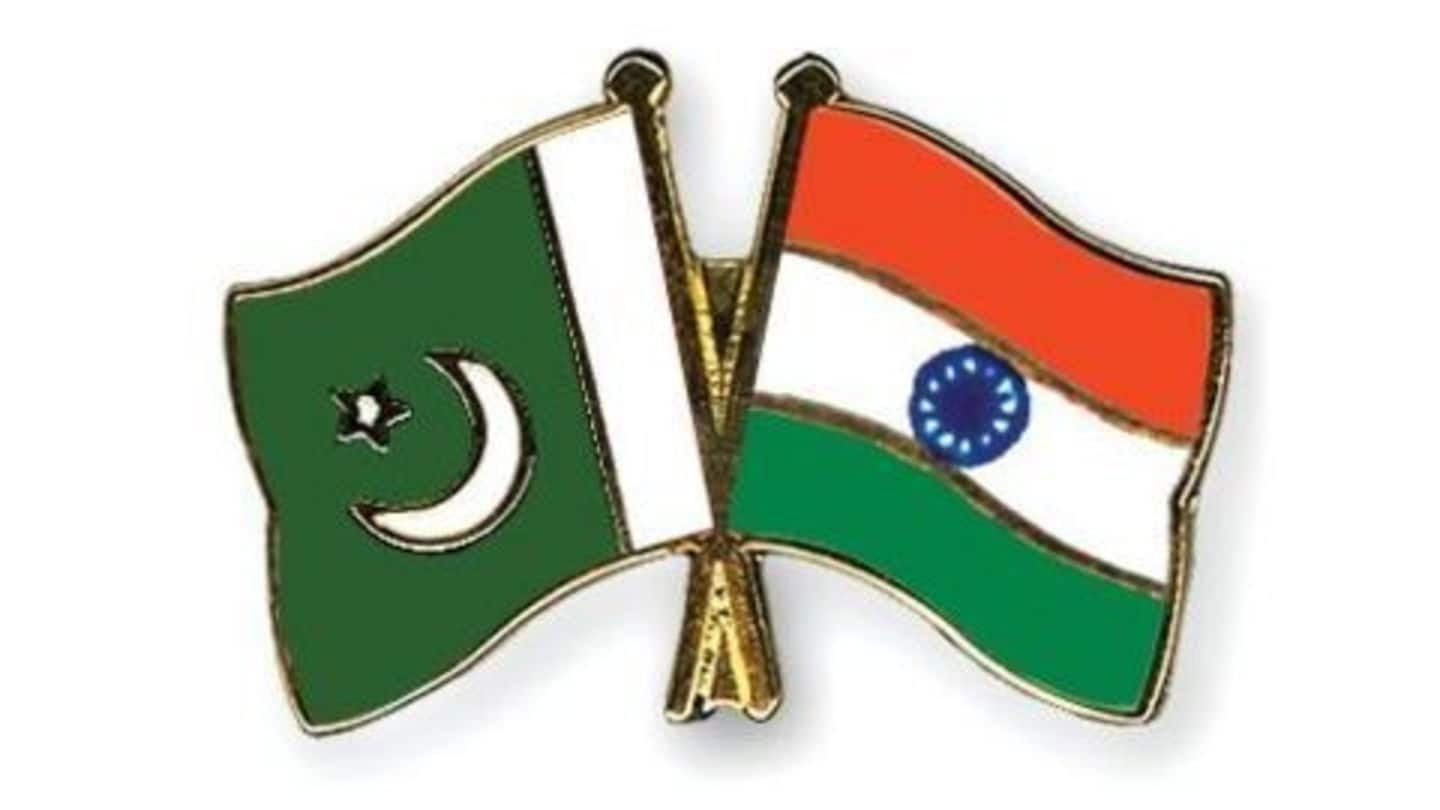
Airlines request Government's approval to skip Pakistani airspace
What's the story
According to a report, Jet Airways, IndiGo and SpiceJet want to operate their Gulf-bound aircrafts from western states using the Arabian sea route, instead of Pakistan's airspace.
Reasons for such a demand include security fears due to deteriorating India-Pakistan ties as well as economic factors.
Defence authorities are yet to give clearance to direct access as it involves flying over some sensitive areas.
16 Aug 2016
Non-scheduled aircraft from Pakistan denied entry in Indian airspace
Airline carriers have a fear of Pakistan's retaliation over the sending back of a non-scheduled Pakistani aircraft.
A Kuala Lumpur bound flight from Pakistan, PK 894, with 250 passengers on-board, was denied entry for a flight plan change, which was not intimated to Indian authorities on time.
It was later allowed to enter Indian airspace after Indian authorities received the revised plan.
Definition
Flexi use of airspace
Flexible use promotes optimal, equitable and balanced use of airspace by civil and military users. It allows implementation of optimal flight paths, reducing operation costs, protects the environment and also pays due heed to security considerations. It is no longer purely "civil" or "military" airspace.
Details
Requests made by SpiceJet
SpiceJet, in its request to the government, has asked permission to operate its flights out of Ahmedabad to the Gulf under the "flexi-use of airspace".
Their official reason for this request was to save fuel and route navigation flight charges (RNFC).
SpiceJet said that the direct route over the Arabian Sea would help the airline save money per flight and reduce carbon emissions.
Information
Air Navigation Charges
The costs of air traffic management services (infrastructure, staff and other operational costs) are funded through air navigation charges. There are different types of air navigation charges: route charges, terminal navigation charges, and communication charges.